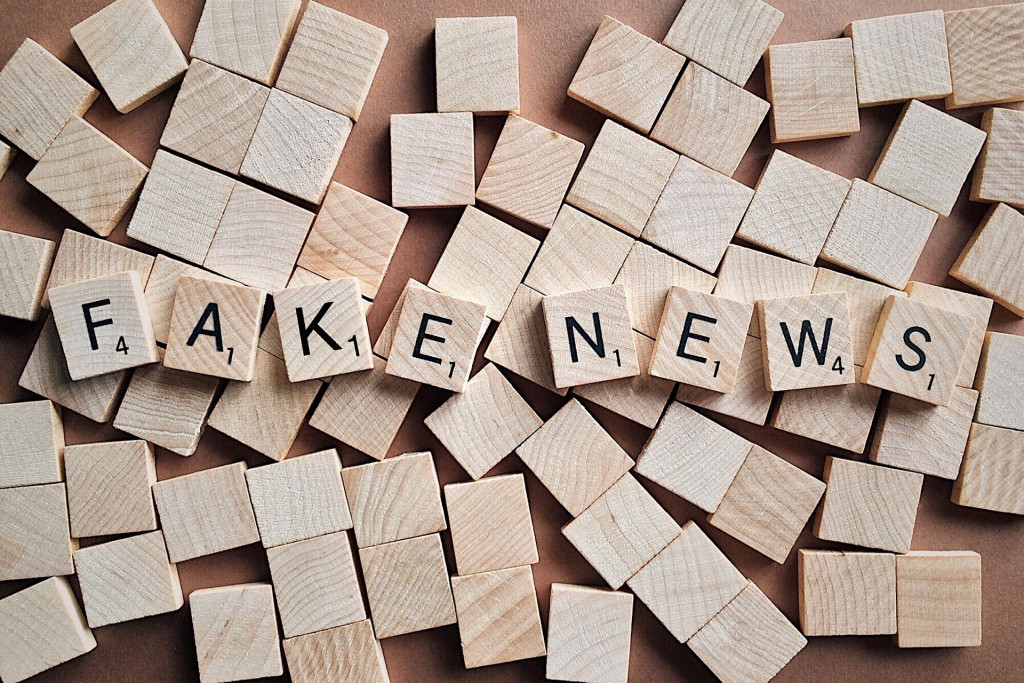
Fighting the Fakes
How Fake News and Disinformation Pose a Threat to Journalism in Germany and Nepal
Lena Kümmel and Krishma Joshi
In today’s digital age, fake news and disinformation have become widespread, fueled by the ease of sharing information online. False claims, rumors, and propaganda can spread rapidly and have significant consequences, from undermining public trust in institutions to fueling political polarization and even inciting violence. The rise of fake news is a significant challenge for journalists worldwide who are tasked with delivering accurate, reliable information to the public.
What fake news is
At the latest, since Donald Trump’s first election campaign and later at the onset of Covid-19, you must have heard of the term “fake news”. But what exactly does this term comprise? In a fast moving world, journalists have to work fast and be as accurate as possible. However, we are not superhumans and we make mistakes too. If in an article or a news release, there is a wrong number or another mistake like a wrong location, that doesn’t directly turn the news into “fake news”.
Fake news is an allegation that has been made up, to intentionally make people think it is the truth. Sometimes, people use already existing news and add information that isn’t true, which gives the news a completely different meaning. Pictures can be fake news too – they can either be taken out of context or have been edited and created by an artificial intelligence.
The role of fact check editors
In Germany, there are quite a lot of platforms and companies that offer fact checking services. They analyse circulation allegations, do a lot of research, talk to experts and see if they can prove them right or wrong. Now, as fake news is becoming more and more relevant to the work of journalists, not only big companies like “dpa” or “Tagesschau” do fact checking. Regional offices have also started forming fact checking teams. Janina Lückoff is one of such journalists that do fact checking as their main job. She is the team leader of the BR24 “Faktenfuchs”. They started the department in 2017 when during the US-election campaign a lot of disinformation started spreading to Germany as well. Recent events also had an impact on the team’s decision to expand. “We almost did monothematic fact checking during the Covid pandemic. This is because the last federal elections in Germany as well as climate change are main topics for us. Also, since the beginning of the war in Ukraine, there have beeninsanely many false allegations circulating, as well as Russian propaganda”, says Lückoff.
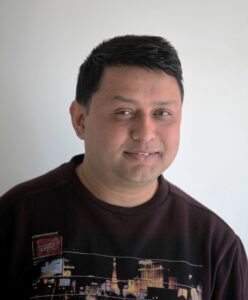 Quite the contrast to Germany, Nepal is still in its nascent stage, but it has gained some momentum in recent years. Both state-affiliated and private media houses do not have an in-house fact-checking body. Fact-checking and verification are mostly the responsibility of the reporter, after which articles will be reviewed by the desk editor and line editor. Deepak Adhikari is a journalist and editor who has been at the forefront of fact-checking in Nepal. He started his fact-checking journey in February 2020 when he became the editor of South Asia Check, one of the first fact-checking platforms in the region. Inspired by Africa Check, South Asia Check aimed to debunk viral misinformation and
Quite the contrast to Germany, Nepal is still in its nascent stage, but it has gained some momentum in recent years. Both state-affiliated and private media houses do not have an in-house fact-checking body. Fact-checking and verification are mostly the responsibility of the reporter, after which articles will be reviewed by the desk editor and line editor. Deepak Adhikari is a journalist and editor who has been at the forefront of fact-checking in Nepal. He started his fact-checking journey in February 2020 when he became the editor of South Asia Check, one of the first fact-checking platforms in the region. Inspired by Africa Check, South Asia Check aimed to debunk viral misinformation and
disinformation in Nepal and beyond.
In August 2022, Adhikari left South Asia Check and founded Nepal Check, another fact-checking platform. While the platform is new and has yet to gain a significant following, Adhikari and his team are determined to play an essential role in debunking viral misinformation and disinformation. Nepal Check relies heavily on platforms like Twitter to divert traffic to their website. “Since the platform is new, we don’t have many followers or visitors. But we are trying to compensate lack of this by allowing Nepali news media to republish our fact-checks,” says Adhikari.
The approach to fact checking
 Fact checking takes a lot of time, effort and patience. Janina Lückoff says that it is always very important to approach an assertion with an open mind: “So an assertion is always our starting point and to answer the questions and the uncertainty of the users, so to speak. And we take an unbiased approach, because we don’t know at the start of the fact check whether the claim is true or false and even if it’s true, it’s still a fact check. So then we publish that as well”. Fact checkers also focus on allegations that have been circulating a lot already. Journalists don’t want to draw attention to a false claim that may only be circulating in a Telegram group and then, by getting it out of there, make it known and spread it. Journalists also need to be aware of the so-called “false balance”. Lückoff explains: “For example, you have a talk show and you invite an expert who explains what’s good about this vaccination. I invite a sceptic who says, ‘but this vaccination is harmful and both have the same weight’, then it’s sort of a 50/50 representation. Whereas, in fact, in science, the evidence is that they think 95% of the time that vaccination is beneficial. But then it’s presented differently by this false balance”
Fact checking takes a lot of time, effort and patience. Janina Lückoff says that it is always very important to approach an assertion with an open mind: “So an assertion is always our starting point and to answer the questions and the uncertainty of the users, so to speak. And we take an unbiased approach, because we don’t know at the start of the fact check whether the claim is true or false and even if it’s true, it’s still a fact check. So then we publish that as well”. Fact checkers also focus on allegations that have been circulating a lot already. Journalists don’t want to draw attention to a false claim that may only be circulating in a Telegram group and then, by getting it out of there, make it known and spread it. Journalists also need to be aware of the so-called “false balance”. Lückoff explains: “For example, you have a talk show and you invite an expert who explains what’s good about this vaccination. I invite a sceptic who says, ‘but this vaccination is harmful and both have the same weight’, then it’s sort of a 50/50 representation. Whereas, in fact, in science, the evidence is that they think 95% of the time that vaccination is beneficial. But then it’s presented differently by this false balance”
As a fact-checker, Adhikari explains that it’s essential to develop a sense of skepticism towards news and claims that follow. In Nepal Check, there are five rankings to any claims they fact check. They are: true, false, misleading, half-truth, and missing context. “We monitor social media as well as mainstream media. “We identify a claim to fact-check. It can be a public figure’s statement, post, video, or photo. To fact-check such a claim, we use a number of techniques such as reverse image search or keyword search on Google and social media platforms. For videos, we use is InVid, which breaks the video into keyframes. We then conduct reverse image search of the keyframes. We also talk to experts as it is important to learn more about the topic,” explains Adhikari. Adhikari has also conducted several training sessions for journalists, members of civil society organizations, and youths, training hundreds of young people on how to fact-check.
While Adhikari recognizes that fact-checking every breaking news story is not possible, he stresses that fact-checking should go hand in hand with developing stories. “When developing your story, you have to be constantly updating, and correcting it. It goes hand in hand. So I don’t mean to say that all breaking news has to be foolproof. After all, it’s a developing story, you can correct it.” says Adhikari.
Danger to society
Media competence is very important for users to successfully recognize false allegations. However, that seems to be an issue in Germany. A study by the “Stiftung Neue Verantwortung” in 2021 showed that 33% of the survey respondents identified fake news as actual correct information. Thus, just under one-third of respondents considered a commentary to be fact-based reporting – another 15% were not sure about this.
Janina Lückoff mentions the media and education system having a responsibility in teaching media competence. Still every individual can do their part: “Being aware is something that every individual can do to avoid spreading disinformation themselves or falling for it. Everyone has a duty to take action against this, because disinformation can be dangerous for society”, says Lückoff.
Adhikari believes that fact-checking is at the heart of journalism, and that every journalist should be a fact-checker. Fact-checking should be an essential part of every journalist’s education to ensure transparency and accountability in news reporting. He also believes that fact-checking should be part of very journalists’ education. “It is no longer enough to be a witness, you have to have proof that you are a witness to an incident. I think this is a challenge for journalists and we all as journalists should accept this challenge. We should be transparent about our work. It is no longer a mysterious profession popularized by Hollywood in movies,” says Adhikari.
If you were interested in this article, you may also like Fun Facts About Nepal and Germany
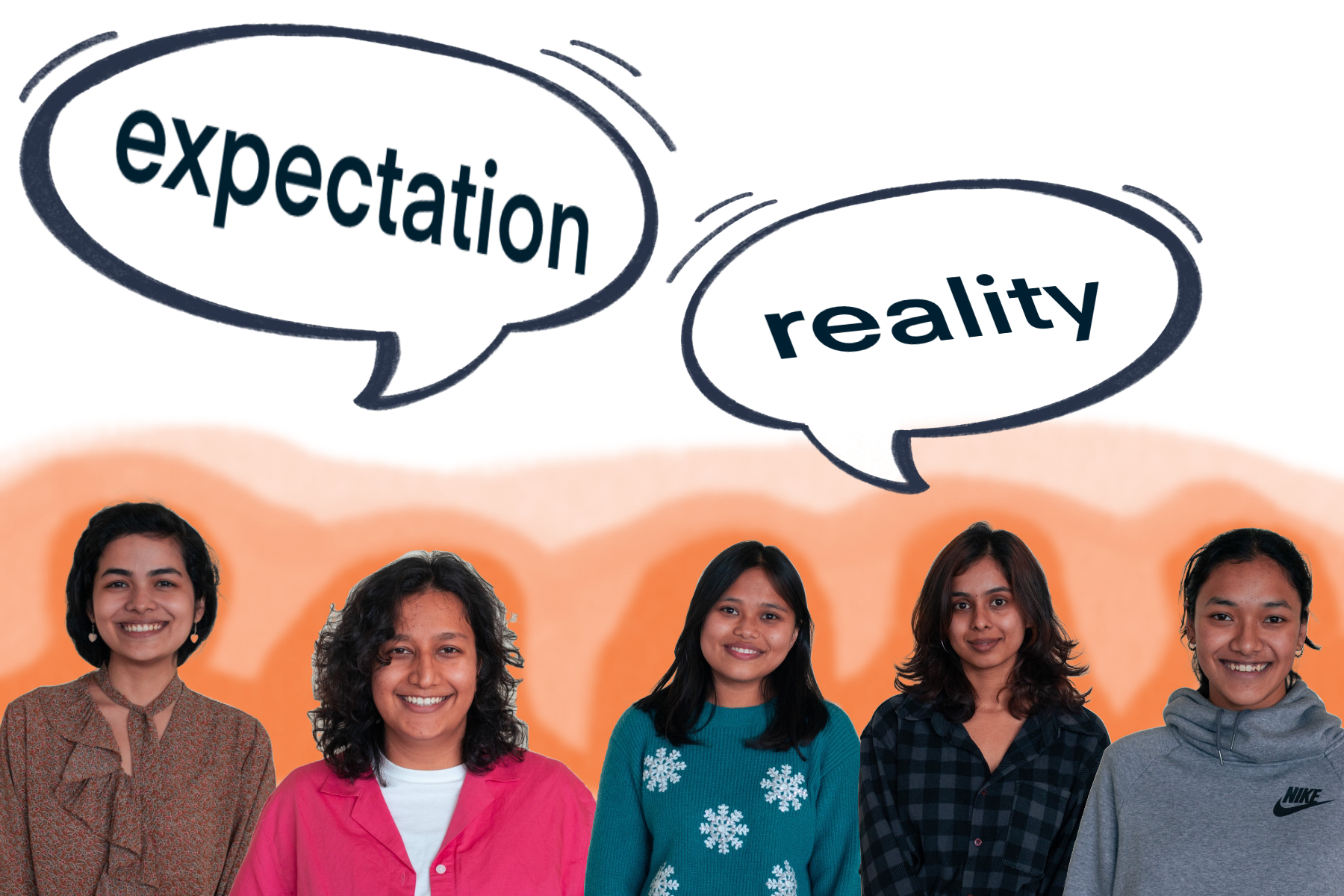

You May Also Like

Between Cultures and Contexts: Understanding the Dynamics of Journalism in Germany and Nepal
7. July 2023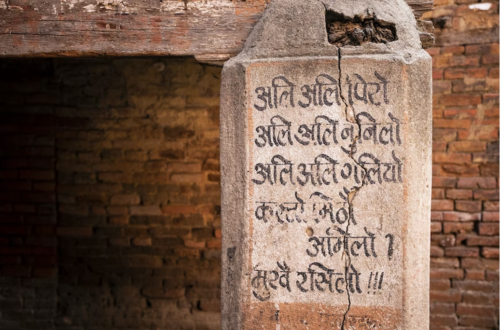
A glimpse of the Linguistic diversity of Nepal
5. July 2023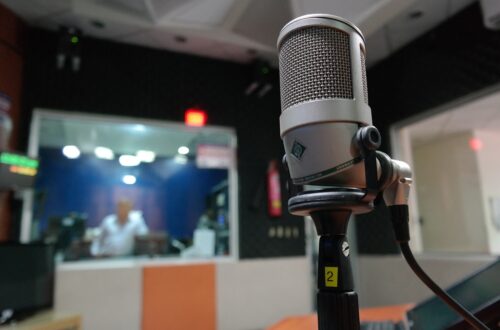
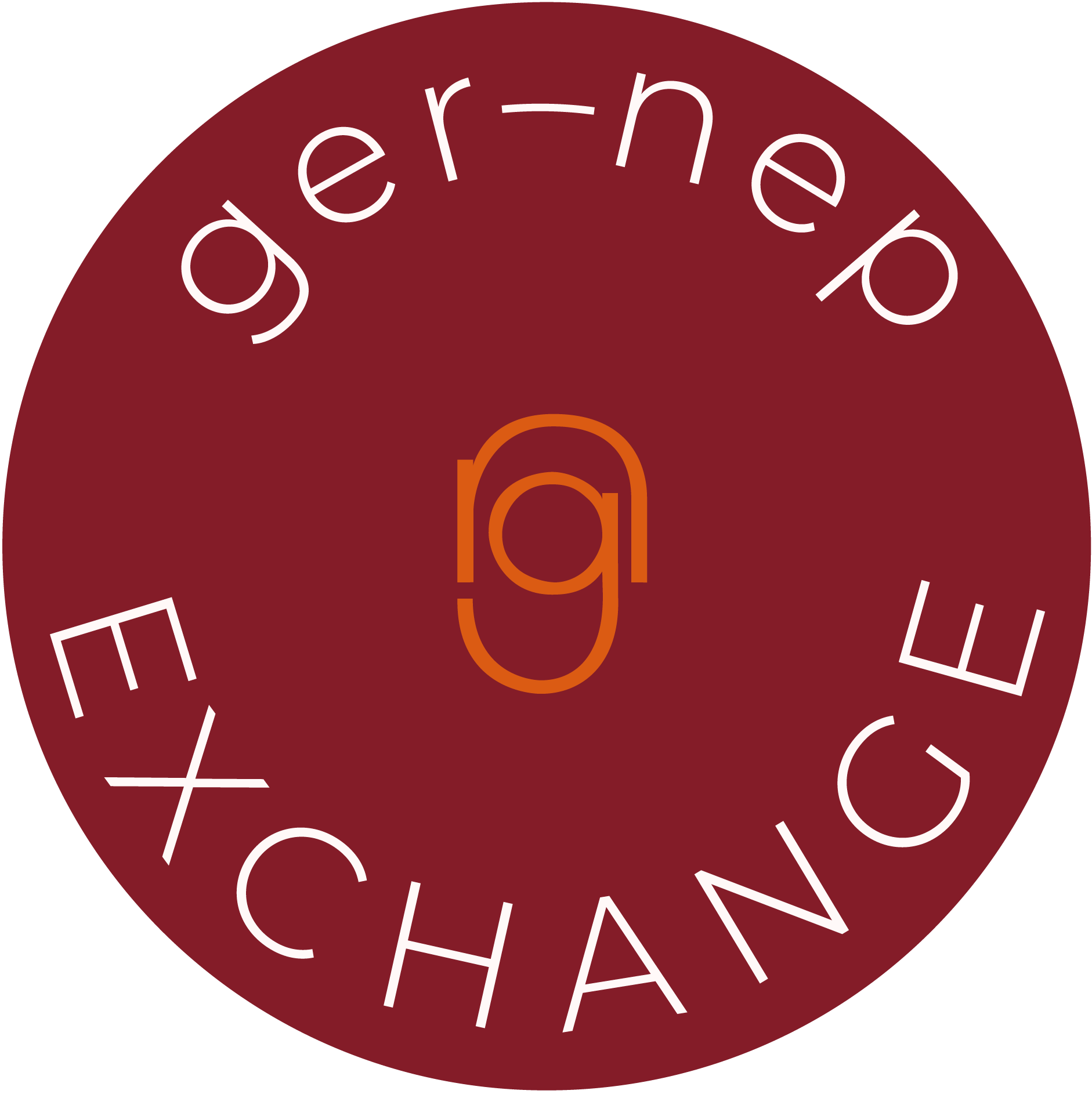


One Comment
Pingback: